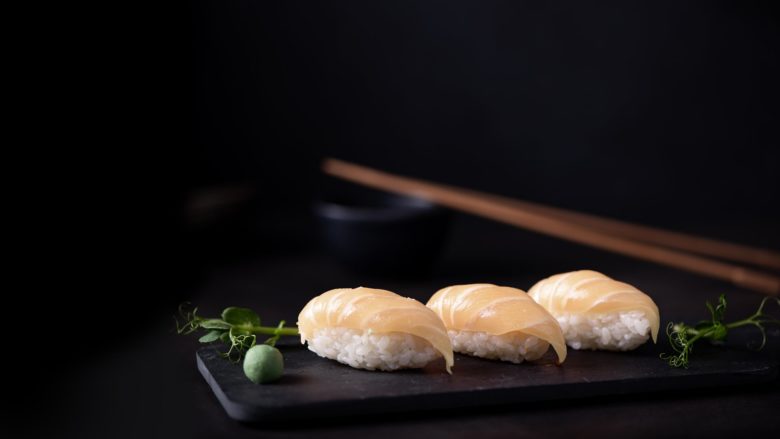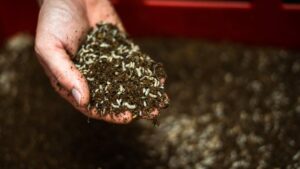Eat this: Chicago-based startup creates “world’s first” whole muscle seafood made from fermentation

The alternative protein food products have been gaining popuplarity worldwide. Fermentation is now one of the three main leaders in this food revolution. AquaCultured Foods is a startup out of Chicago which claims to be the first to cultivate a whole muscle seafood alternative through microbial fermentation. The company’s revolutionary technology allows them to create everything from shrimp to tuna and calamari.
“As the first to create whole cut seafood alternatives via fermentation, the opportunity is almost limitless in the future food landscape” said AquaCultured Foods CEO and Co-Founder, Anne Palermo.
At this month’s Future Food-Tech Alternative Proteins summit, Anne Palermo commented on the gap in the market for whole cut seafood alternatives.
“Plant-based seafood is an area that has been notoriously lacking in options. Identifying this lack of supply in spite of the overwhelming global demand has helped us to realize the market white space at hand,” explained Palermo.
All natural
One thing the company cannot stress enough is the fact there products are not processed but grown. This helps them retain their natural occurring proteins, fibers and micronutrients, all while avoiding high levels of sodium, starches and isolates, found in plant based proteins.
Further expansion
AquaCultured is in the middle of raising $1.5m with the intent of expanding their operation, planning to launch up to six stock-keeping units (SKUs). They also plan on releasing their latest product, Popcorn Shrimp, into food services.
“As the first to create whole cut seafood alternatives via fermentation, the opportunity is almost limitless in the future food landscape. Any way that traditional seafood can be used, from raw sashimi to battered and fried popcorn shrimp, our seafood alternatives can be utilized as a 1:1 replacement. Which is helping Aqua Cultured Foods make a truly impactful difference in both protecting our oceans and creating a more sustainable method of food production,” stated Palermo.





























